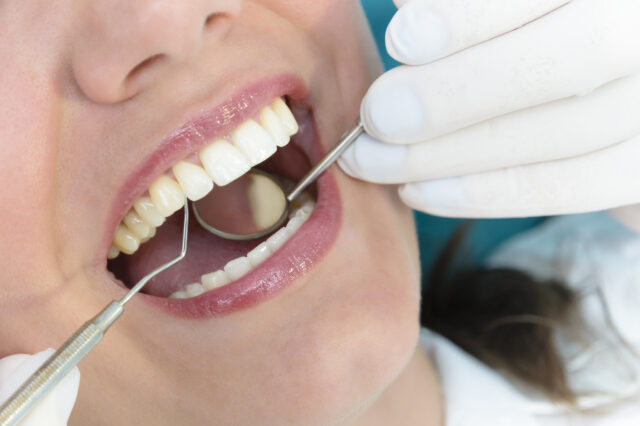University of Florida Department of Otolaryngology is a Leader in Complete Oral Reconstruction and Rehabilitation after Head and Neck Cancer Surgery

Each year over 50,000 Americans are diagnosed with head and neck cancers, including those of the oral cavity and pharynx. As surgical and adjuvant treatments have advanced, an increasing number of patients are becoming long term survivors of head and neck cancer. These individuals require multidisciplinary care from a team of surgeons, oncologists, dental specialists, physical therapists and speech-language pathologists to address the significant disability that often results from treatment, including facial deformity, impaired speech, swallowing dysfunction and loss of oral and dental structures. The University of Florida College of Medicine’s Department of Otolaryngology — part of UF Health, the Southeast’s most comprehensive academic health center — houses the largest comprehensive oral rehabilitation program in Florida. Through their research and clinical programs, the teams focus on restoring each patients’ ability to speak, swallow and chew. These seemingly basic functions also give patients the confidence to appear in public and participate in social activities they may have given up.
The team at UF aims to restore both form and function, which is not always possible with conventional reconstructive methods. “As patients survive oral cancer treatment, the last piece of their recovery is dental rehabilitation,” says Peter D. Dziegielewski, M.D., FRCS(C), chief of the division of head and neck oncologic surgery at UF. “With virtual surgical planning and 3D modeling we are finally able to maximize recovery and give patients back what they lost to cancer.”
As leaders in the use of virtual surgical planning in head and neck reconstruction, the team of surgeons and prosthodontists develops a digital anatomically based, personalized surgical plan for each patient. Using advanced technology, the team at UF Health is able to reconstruct complex defects using free flaps from the fibula, radius and scapula. Tumor removal, free flap transfer and dental implant placement occur during the same procedure. This reduces recovery time and increases time with full oral restoration. The goal is to maximize the quality of life following the survival of head and neck cancer treatment.